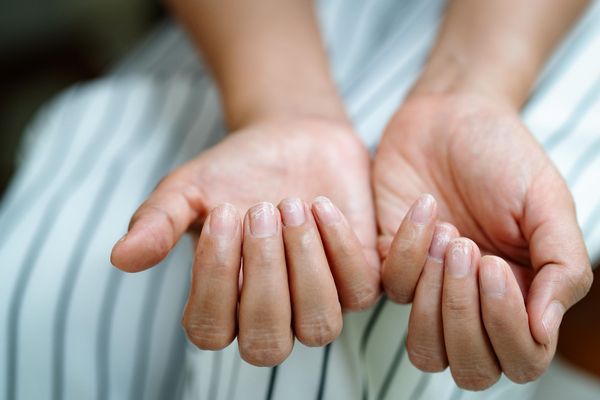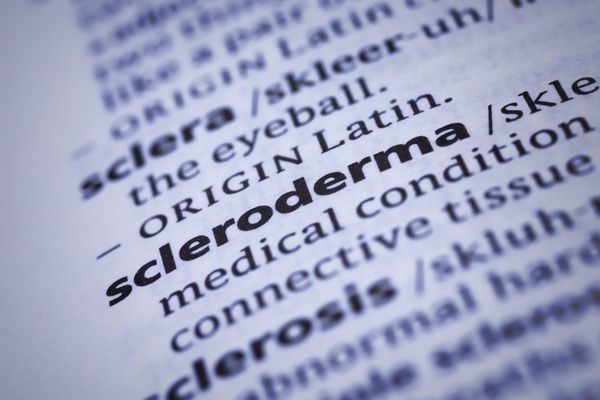Q:
How can I prevent scleroderma?
A:
No one really knows enough about scleroderma to know whether there is a way to prevent the disease or delay its onset.
Occupational exposures to the silica dust (not silicone) found in mines and stonework settings have been linked to scleroderma. Solvents used in paint thinners and removers and certain chemotherapy drugs have also been implicated.
Although clear-cut guidance on prevention is lacking, there are measures you can take to prevent or lessen the symptoms if you have been diagnosed with scleroderma.
Dental care is essential. Some people with scleroderma develop excessive dryness of the mouth, which can lead to tooth decay. But oral hygiene may become difficult if your facial skin becomes tight. Visit your dentist often, and make sure he or she is aware of your condition. To combat dryness, try artificial saliva products. Excessively dry eyes also may cause discomfort. You can sometimes relieve dryness with lubricating drops and ointments.
Regular exercise or stretching can maintain joint flexibility and help keep your skin pliable. Other strategies include frequent massage of the skin and avoidance of detergent soaps, which dry the skin. Frequent use of bath oils and moisturizing lotions or ointments can help soften the skin, and a cold-water room humidifier can keep your skin moist.
Reducing stress is critical, and some experts suggest biofeedback training to reduce pain and promote relaxation. Joining a scleroderma support group can also help.
Read more:
What is scleroderma?
What causes scleroderma?
How is scleroderma diagnosed?
How is scleroderma treated?
What special precautions do I need to take if I have scleroderma and want to have a baby?







